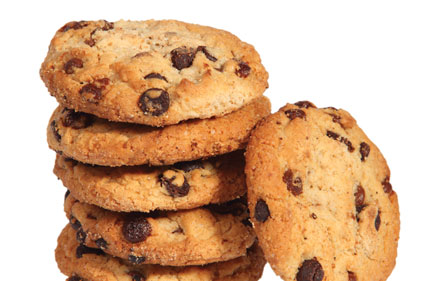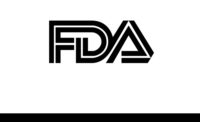FDA Targeting Trans Fats
The FDA has taken the first steps toward eliminating the artery-clogging substance.

The Food and Drug Administration has taken the first steps toward eliminating the artery-clogging substance, saying the change could prevent 20,000 heart attacks and 7,000 deaths caused by heart disease each year.
Products containing trans fats have increasingly disappeared from grocery stores and restaurant menus in recent years amid widespread agreement about the risks they pose to public health. However, trans fats still linger in an array of processed foods, including pancake mix, packaged cookies and ready-made frosting.
The action, one of the FDA’s most aggressive efforts to limit Americans’ consumption of a specific food ingredient, was aimed at ending the era of trans fats altogether.
“While consumption of potentially harmful trans fat has declined over the last two decades in the U.S., current intake remains a significant public health concern,” said FDA commissioner Margaret A. Hamburg.
Cities such as New York and Philadelphia have previously imposed bans on artificial trans fats in restaurants, and in May 2007 Montgomery County in Maryland became the first county in the nation to approve a ban on partially hydrogenated oils in restaurants, supermarket bakeries and delis. Since 2006, the FDA has required food manufacturers to print details about them on nutrition labels. As a result, intake among Americans declined from 4.6g of trans fat per day in 2003 to about 1g per day last year, according to the agency.
The FDA said Thursday it will accept public comments for 60 days on its proposal. Although government officials acknowledged that entirely phasing out trans fats is likely to take years, they said they were confident that it will happen.
Under the FDA proposal, trans fats would no longer be among ingredients in the largely unregulated category known as “generally recognized as safe.” Companies wanting to use trans fats in foods would have to petition the agency and meet “rigorous safety standards” showing that they would cause no harm to public health, said Michael Taylor, the FDA’s top food-safety official. Given the growing body of scientific evidence about the dangers of trans fats, that could be a tough sell, Taylor said.
Not that manufacturers or restaurants are likely to go that route.
In recent years, responding to consumer demand and pressure from regulators, food companies have been removing trans fats from an array of products. Many of the country’s best-known food chains, from Dunkin Donuts to Taco Bell to McDonald’s, have been eliminating trans fats in their pastries and fried foods. Retail giant Wal-Mart has given its food suppliers until 2015 to phase out artificial trans fats. Even Crisco, the iconic shortening that has been a staple of American pantries for a century, altered its formula to remove trans fats years ago.
Looking for a reprint of this article?
From high-res PDFs to custom plaques, order your copy today!





